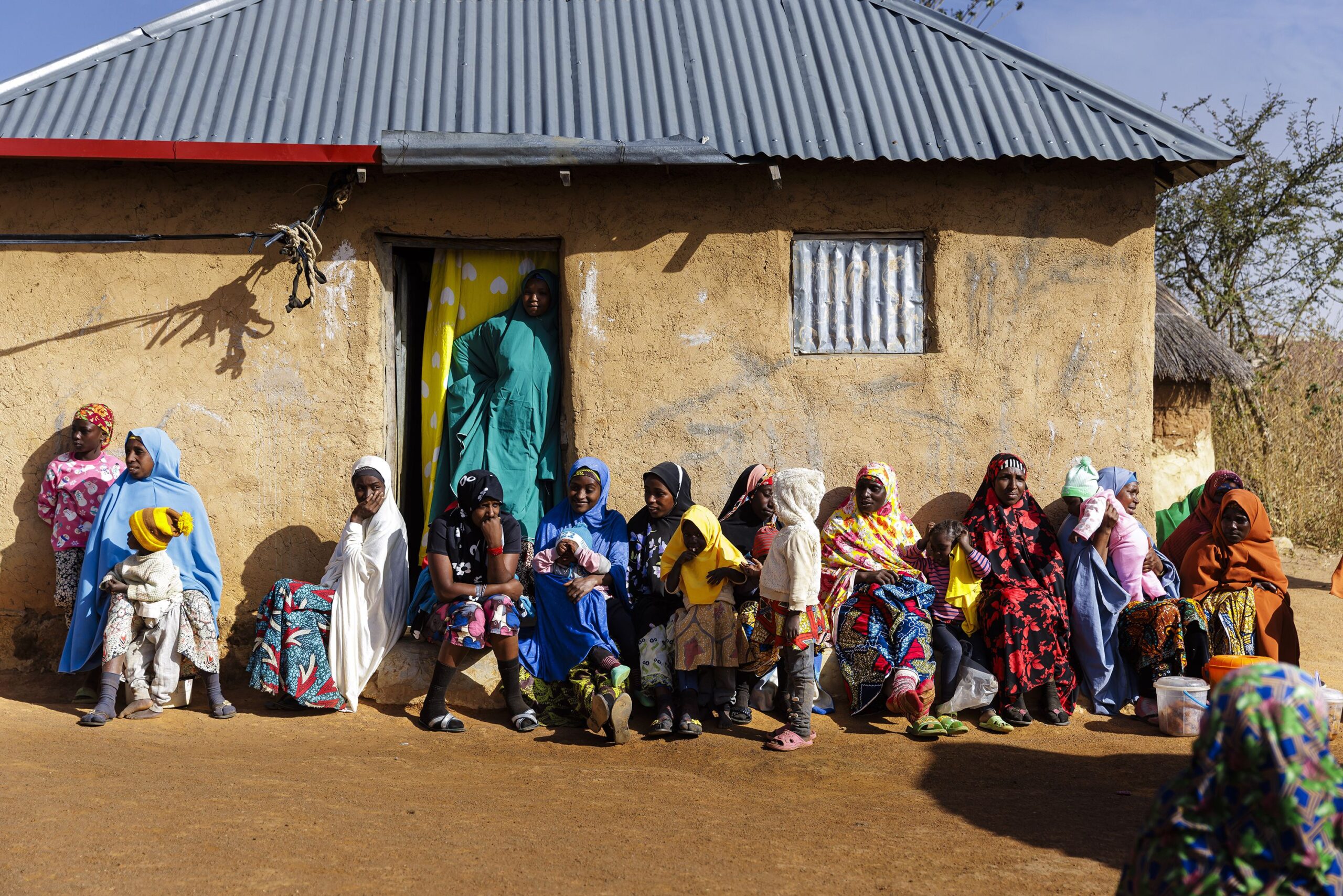
Your ethnicity is a strong determinant of whether you survive childbirth
By Eliza Anyangwe and Sashikala VP, CNN?
“Women and girls who are poor, belong to ethnic, racial and Indigenous minority groups… are more likely to die because they lack access to timely healthcare.”? This was one of the main findings published today in the latest State of World Population Report.?
Released every year since 1978 by the United Nations Population Fund (UNFPA), the 172-page 2024 report celebrates advances in sexual and reproductive health since a seminal gathering of world leaders in Cairo 30 years ago, but its authors say these achievements are being “marred by an ugly truth – millions of women and girls have not benefited because of who they are or where they were born”.?
The report tracks progress in multiple areas, including teenage pregnancy rates, HIV infection rates, domestic violence legislation and women and girls’ access to contraception. But some of its most disturbing findings regard maternal mortality, which refers to deaths during, and following, pregnancy and childbirth.??
“There has been zero reduction in maternal mortality since 2016,” the report states, adding that “in an alarming number of countries, rates are rising.” ?
The UK and the US are two such countries. The report places them in a group of just 19 countries around the world which are “estimated to have a higher maternal mortality ratio (the number of maternal deaths per 100,000 live births) in 2020 than in 1990.” In both countries, Black women and the poorest women are the most likely to die. In the US, Hispanic women are also at a higher risk of maternal mortality than the national average.?
"Mothers are not dying because of diseases we cannot treat. They are dying because societies have yet to make the decision that their lives are worth saving"
In all parts of the world, various factors beyond race and ethnicity also come into play such as caste, immigration status, sexual orientation, gender identity and disability status. Conflict and humanitarian crises also result in nearly 500 preventable maternal deaths a day. And aside from inequalities within countries, inequalities between countries persist and are stark. “An African woman who experiences pregnancy and childbirth complications is around 130 times more likely to die from them than a woman in Europe and Northern America,” the UNFPA points out. ?
The report’s authors are unequivocal about the root causes of all these deaths. In a media briefing held before the release of the 2024 report, UNFPA Executive Director Natalia Kanem spoke of weak health systems which are “tainted by gender inequality, racial discrimination and misinformation.” ?
Former UN Director Dr. Mahmoud Fathalla was more damning still, saying in the report: “Mothers are not dying because of diseases we cannot treat. They are dying because societies have yet to make the decision that their lives are worth saving.”?
Kanem, in her foreword, calls for “comprehensive, universal and inclusive healthcare, grounded in human rights and evidence of what works” and the report goes on to highlight four concrete ways to make things better, including improving access to “affordable, quality maternal health services.”
“This work is vitally important, it is just, and it is possible,” says Kanem.